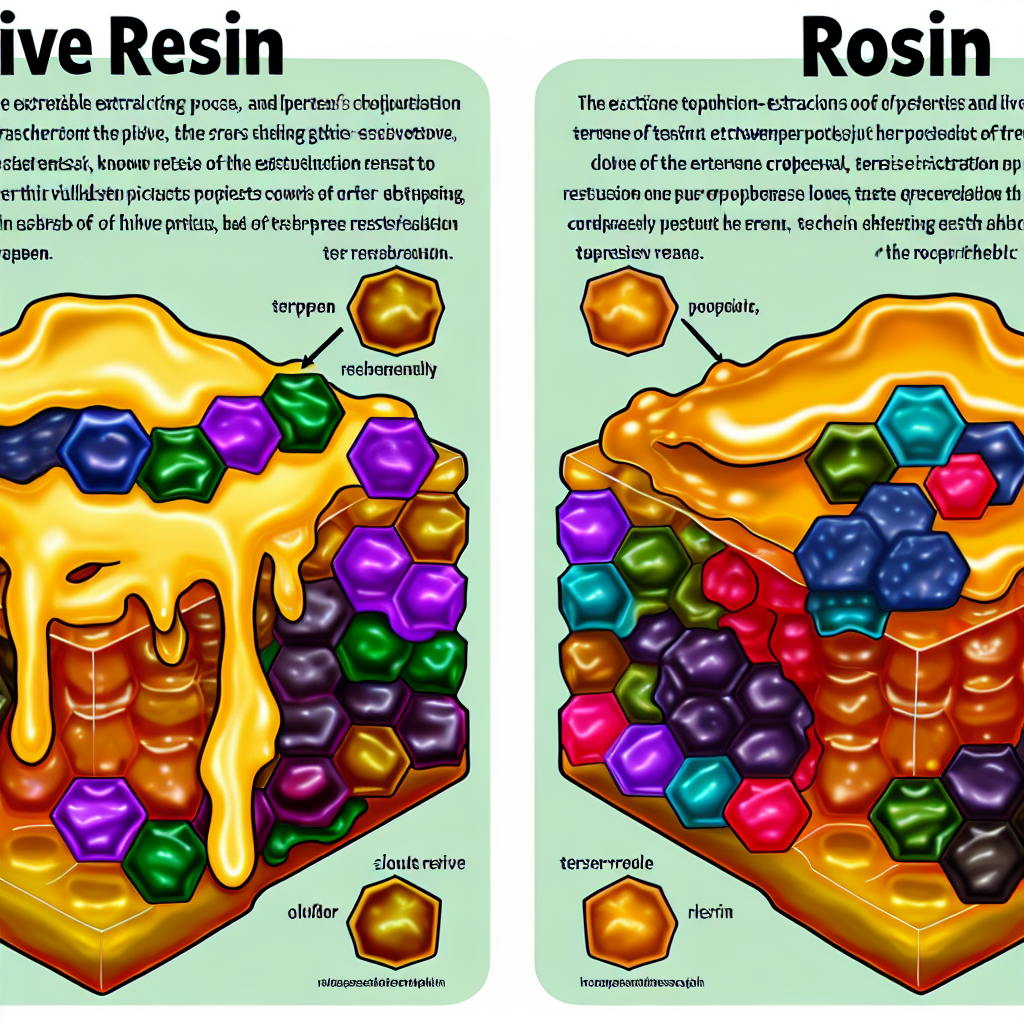Understanding the Natural Aging Process and Health Challenges
Aging is a natural part of life, yet it often comes with health challenges that can disrupt our sense of well-being. Chronic pain, arthritis, insomnia, and age-related diseases such as Alzheimer’s and Parkinson’s are common hurdles for older adults. While traditional medications have long been the go-to for managing these issues, many seniors are exploring medical cannabis as a safer, more effective alternative.
The Rise of Medical Cannabis Among Seniors
Medical cannabis has become a popular option for seniors seeking relief without the risks associated with opioids or sedatives. The active compounds in cannabis, known as cannabinoids, interact with the body’s endocannabinoid system to regulate pain, inflammation, and other key functions. CBD (cannabidiol) and THC (tetrahydrocannabinol) are the most studied cannabinoids, offering unique benefits for a wide range of conditions.
Navigating Medical Cannabis Integration
Despite its growing popularity, integrating medical cannabis into one’s health routine can feel overwhelming, especially for seniors. Questions about dosage, drug interactions, and safety often arise, compounded by the stigma that still surrounds cannabis use. This article provides a comprehensive guide, including the latest research, practical advice, and insights into how seniors can safely and confidently incorporate medical cannabis into their lives.
Latest Research in Medical Cannabis for Senior Health
Medical research on cannabis has expanded significantly in recent years, particularly regarding its benefits for conditions that disproportionately affect seniors. Chronic pain management in older adults has been a major focus of study. A 2020 report in The European Journal of Internal Medicine examined seniors using cannabis for pain management and found a remarkable 93% improvement in symptoms. Many participants also reported reduced reliance on opioid painkillers, highlighting cannabis as a potential solution to the opioid epidemic among older populations.
Cannabis Benefits for Sleep and Neurological Conditions
In addition to pain relief, cannabis has shown promise in improving sleep. Seniors often struggle with insomnia or disrupted sleep patterns, which can exacerbate other health issues. A 2021 study published in The Journal of Cannabis Research revealed that older adults using CBD products experienced better sleep quality and reduced sleep latency. Unlike traditional sleep aids, cannabis provides these benefits without the risk of dependency or severe side effects.
Cannabis Research in Neurodegenerative Diseases
Cannabis is also being studied for its potential in treating neurodegenerative diseases. Alzheimer’s and Parkinson’s, two of the most prevalent conditions among seniors, have shown positive responses to cannabinoid therapy for neurodegenerative conditions. A 2019 study in Frontiers in Neuroscience found that CBD may help slow the progression of these diseases by reducing inflammation and oxidative stress in the brain. While further research is needed, these findings are a beacon of hope for seniors and their families.
Policy Changes and Accessibility
Recent policy changes have made medical cannabis more accessible to seniors. In 2024, the U.S. federal government rescheduled cannabis, easing restrictions and encouraging more research. Dispensaries offering educational resources and products tailored to older adults, such as low-dose tinctures and THC-free topicals.
Safety Considerations for Senior Cannabis Use
However, seniors must approach cannabis use cautiously. Potential drug interactions with anticoagulants, antihypertensives, or sedatives are a key concern. Consulting a healthcare provider is essential to ensure safe and effective use. Additionally, seniors are advised to start with low doses and gradually increase them, allowing their bodies to adjust to cannabis’s effects.
Essential Guidelines for Senior Cannabis Use
Consult Your Doctor: Discuss cannabis use with a healthcare provider to ensure it aligns with your medical needs.
Start Low, Go Slow: Begin with a low dose and monitor your body’s response before increasing.
Choose CBD-Dominant Products: For therapeutic benefits without psychoactive effects, opt for CBD-heavy formulations.
Explore Delivery Methods: Tinctures, capsules, and topicals for precise dosing are often preferred by seniors for their ease of use.
Purchase from Licensed Dispensaries: Ensure product quality and safety by buying from reputable sources.
The Future of Senior Wellness with Medical Cannabis
Medical cannabis is revolutionizing senior healthcare, offering natural relief for chronic pain, sleep disturbances, and neurodegenerative diseases. With proper guidance, seniors can safely integrate cannabis into their lives, enhancing their quality of life and reducing reliance on conventional medications.
Continuing Research and Resources
As research continues to unveil cannabis’s potential, seniors have more opportunities than ever to explore its benefits. For more in-depth information, consult studies such as “Cannabis Use for Chronic Pain in Older Adults” (The European Journal of Internal Medicine, 2020) and “CBD as a Neuroprotective Agent” (Frontiers in Neuroscience, 2019). By staying informed and proactive, seniors can unlock the full potential of this powerful plant and enjoy a healthier, more fulfilling life.




